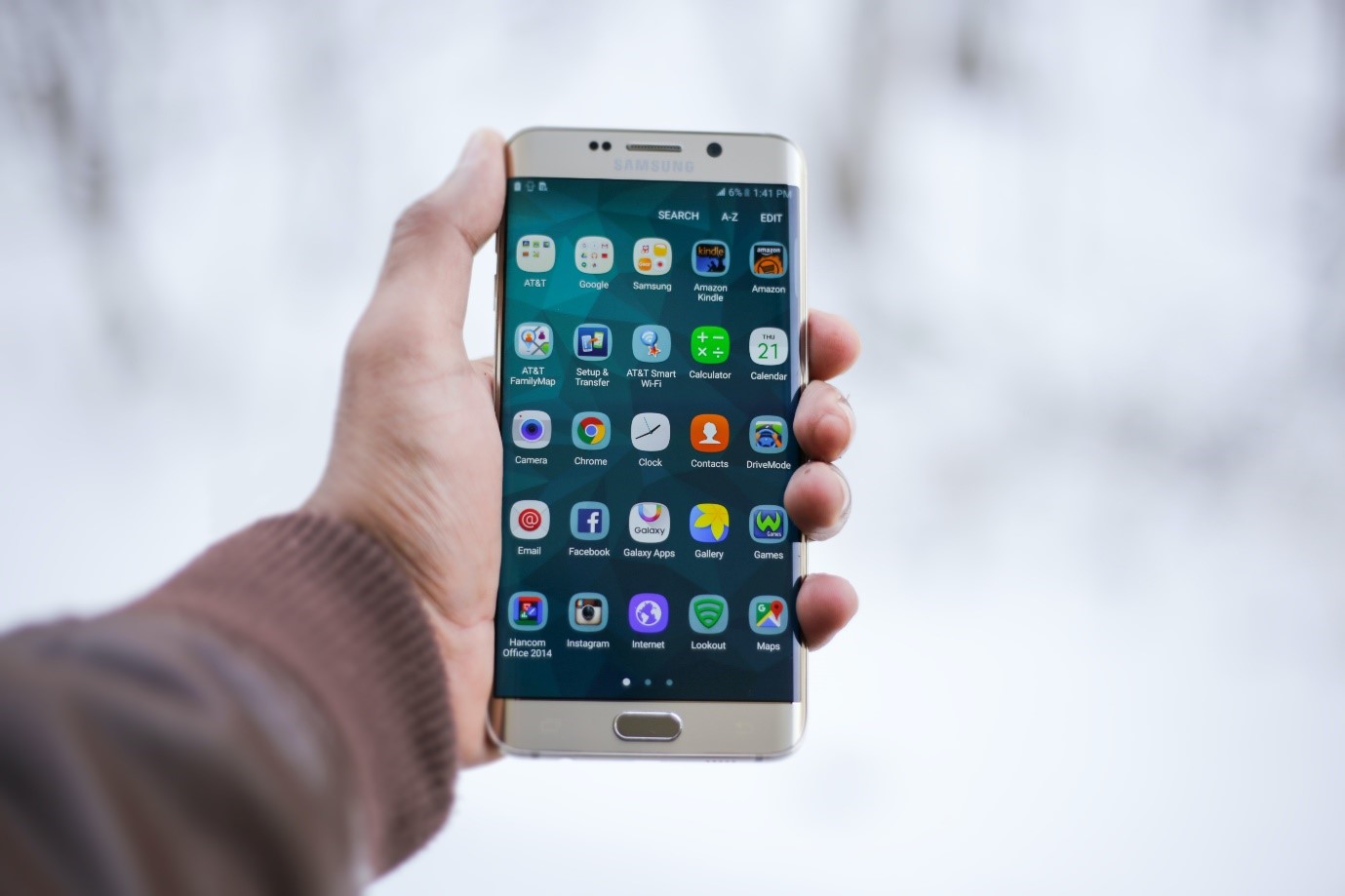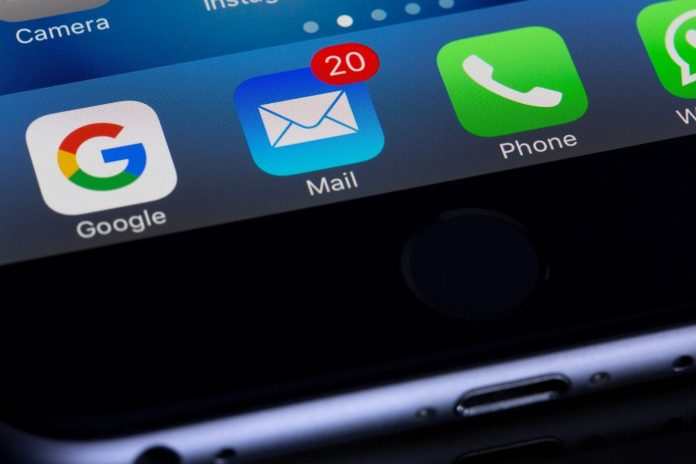Mobile applications have become an integral part of daily life, making it easier for people to stay connected with their favourite brands.
However, security is often an issue where apps are concerned, with some companies failing to address issues during the development process.
A recent study by the Synopsys Cybersecurity Research Centre highlighted why consumers should be concerned about security on the apps they use.
The report assessed more 3,000 of the top applications in the Google Play Store and found a plethora of security problems.
Of the applications analyzed, 98% of them featured open-source components, while 63% contained known security vulnerabilities.
Perhaps of more concern to consumers was that 73% of the vulnerabilities identified were first discovered more than two years ago.
This means that either the app developers are unaware that the vulnerabilities exist, or they don’t possess the knowledge or resources to repair them.
With the total number of apps likely to have been downloaded millions of times, the security risk to consumers is absolutely massive.
While all of this is extremely worrying, there are some simple steps you can take to improve your chances of staying secure when using apps.
Research the company or app
Cyber security experts recommend using Google to search for potential security issues regarding any apps you wish to download from your chosen story.
For example, if you want to download a real money mobile casino app to your mobile device, searching for the company’s name along with the phrase ‘scam’ or data breach’ is a sensible move.
The results will tell you whether the company have experienced any recent data leaks or privacy issues, and how they have gone about fixing them.
If the company has not been affected by any issues, you can download the app safe in the knowledge that it is fully secure.
Be careful with app permissions
Many people make the mistake of paying little or no attention to app permissions, but this can be a recipe for disaster.
Experts recommend checking which permissions the app asks for and checking whether it makes sense for it to be asking this question.
For instance, if you are downloading a calculator app, does it really need to have access to your location or contact list?
Apps that request access to data that is not relevant to its primary function is a sign that it plans to get up to no good behind the scenes.
Monitor your battery life
Taking care with app permissions can only go so far in determining whether an app is secure, so it is important to keep monitoring things after you complete the download.
If your mobile device suddenly starts to suffer changes in its battery life, this could a sign that there is something malicious going on in the background.
A 2018 study by digital security firm Sophos highlighted an issue with click-fraud, which caused significant issues to the battery life on mobiles.
While Google took action on that occasion, these types of shady practices remain a concern for anyone using apps today.

Keep mobile software up-to-date
Another proactive way to keep your data safe when using apps is to ensure that your phone’s operating system is fully updated.
These allow you to stay one step ahead of cybercriminals, giving you peace of mind that your personal data will remain safe.
Your phone’s settings can be adjusted to download updates automatically, taking the hassle out of remembering to do this yourself.
The people responsible for designing your operating system are tasked with providing users with the most secure environment possible, so it makes sense to utilize all the updated they provide.
Restrict what you share publicly
Social media apps such as Facebook and Twitter have long had a reputation for being hugely invasive when it comes to data privacy issues.
While it might seem like fun to share personal information online, you must remember that companies of this nature eager to exploit this.
The more information you share, the more data they can harvest to build up a profile on you to provide targeted advertisements on your feed.
There has even been concern about some apps accessing phone microphones, highlighting the lengths some companies will go to harvest personal data.
Use a VPN
Regardless of how you connect to the internet on a mobile device, using a virtual private network (VPN) is extremely advisable.
If you are using a public network, a VPN can keep your data from being accessed by other people on the same public network.
VPNs also mask your data transmissions and allow you to circumvent geo-blocking restrictions implemented by certain apps.
As with any type of app, it is important to use a provider who have a track record for being trustworthy – in the case of VPNs, free is not always best.
Password managers are your friend
Password manager apps such as LastPass are a great way to increase your security when using apps on your mobile device.
It uses powerful AES-256 encryption that ensures your data is only ever unencrypted on your device and only after you have entered your master password.
Even if your personal data were to be compromised on the sophisticated LastPass servers, it would be totally useless to a hacker.
LastPass complies to Service Organization Controls (SOC) 2 as defined by the American Institute of Certified Public Accountants, making it one of the best tools you can use to keep your data safe.
Secure apps – The final word
As highlighted earlier, not every app in the official stores is guaranteed to be trustworthy, but Google Play and the App Store should still be your main port of call.
Downloading apps from insecure or unofficial sites increases the risk of your data being stolen or hackers taking full control of your device.
By following our recommendations, you can greatly improve your chances of enjoying a positive experience on the apps you download.
Experiencing difficulties with your Device, check out our “How To” page on how to resolve some of these issues.













